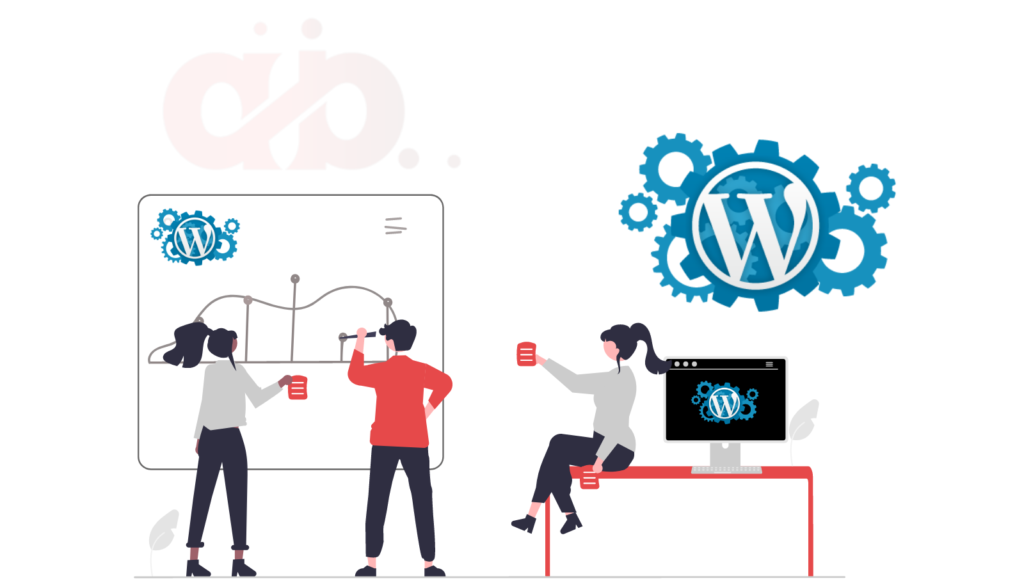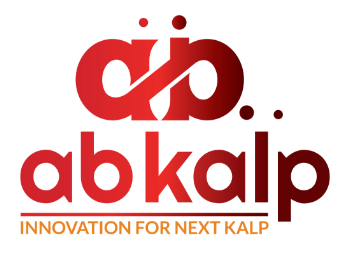WordPress, the dominant force in content management systems (CMS), empowers individuals and businesses alike to create and manage dynamic online presences with ease. From simple blogs to complex e-commerce platforms, WordPress caters to a diverse range of needs and skill levels, making it a popular choice for millions worldwide.

Advantages:
- User-friendly interface: With an intuitive interface and readily available resources, WordPress empowers users with varying technical backgrounds to build and manage their websites without the need for extensive coding knowledge.
- Flexibility and scalability: WordPress offers a vast array of plugins and themes, allowing users to customize their websites to match their specific needs and preferences. As their online presence evolves, WordPress seamlessly adapts and scales to accommodate growth.
- Open-source and cost-effective: Unlike proprietary website builders, WordPress is an open-source platform, making it free to download and use. With its extensive community of developers and designers, readily available free and paid plugins and themes cater to diverse budget needs.
- SEO friendly: Built with search engine optimization (SEO) in mind, WordPress websites are easily discoverable by search engines, contributing to increased online visibility and audience reach.
Disadvantages:
- Security concerns: As an open-source platform, WordPress can be susceptible to security vulnerabilities. Users must implement robust security measures and regularly update their software and plugins to minimize risks.
- Learning curve: While user-friendly, navigating the plethora of plugins and themes available can be overwhelming for beginners. Investing time in learning the platform’s functionalities and best practices is crucial for optimal utilization.
- Limited design control: While themes offer a good starting point, users may experience limitations in customization if seeking highly specific design elements. Hiring a developer might be necessary for complex design projects.
- Performance considerations: Overly complex websites with numerous plugins can impact website performance and loading speed. Careful plugin selection and regular website maintenance are essential for maintaining optimal performance.
Despite its limitations, WordPress remains a powerful and versatile platform for building and managing websites. Its ease of use, vast customization options, and substantial community support make it a compelling choice for anyone seeking to establish a strong online presence.
























